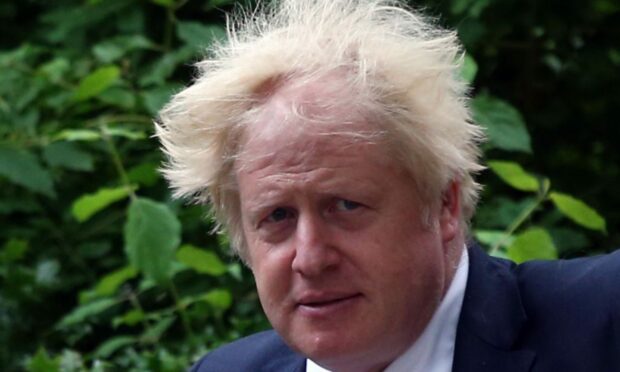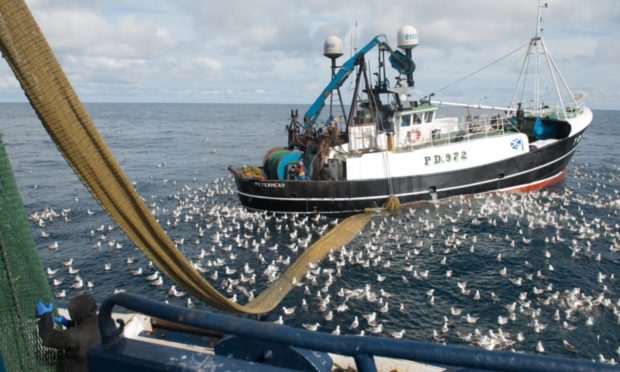Seafood firms have seen export costs “treble” in the six months following Brexit, leading MPs to warn that the industry now faces an “existential threat”.
The transport of fresh fish and shellfish to the continent has been severely disrupted new customs checks and paperwork since the Brexit transition period ended in January.
Delays at the border at the start of the year cost firms more than £1 million a day and the annual cost of new paperwork is estimated at around £250,000 to £500,000 a year.
Orkney and Shetland MP Alistair Carmichael told MPs that many in the industry felt “feel let down and used” by Boris Johnson and his Brexiteer backers.

Mr Carmichael, speaking in the Commons, said: “The deal struck by the prime minister on Christmas Eve is not what the fishing industry was promised and six months into its first year, it is causing massive difficulties.
“In coastal and island communities around the country, the anger and frustration felt by fishermen is almost palpable.
“They feel let down and used and they want answers.”
The Lib Dem MP highlighted the anger over the loss of quota swaps, policing of coastal waters and compensation scheme – telling ministers urgent action was needed.
He also highlighted the now frequent clashes between Scottish vessels and “vicious” EU boats off the Shetland coast, with a collision averted by only metres in one instance.
“Fishermen are afraid that the authorities are not doing enough to protect the fleet and one day, it will lead to tragedy”, he said.
“Is it going to require a boat to go to the bottom of the sea before somebody takes responsibility and acts?”
Western Isles MP Angus MacNeil used the Westminster Hall debate to focus on the “exponential rise in costs” borne by the industry since Brexit.
He said: “Speaking to a local fish factory in my constituency, they tell me that were once a mere delivery note used to suffice they now need a catch certificate.
“They also need packing lists, they need commodity codes, they need the scientific names on the consignments, they need a commercial invoice, they need import/export declaration form, they need to pay the French government VAT and also a health certificate.”
He added: “Were once 32p per kilo was the export cost to get product to the continent, it has now trebled to a £1 a kilo.”
Argyll and Bute MP Brendan O’Hara said that Brexit had left a story of “an industry struggling, falling pricing loss of markets an industry drowning in bureaucracy and red tape, and one struggling to cope with labour shortages and facing huge transport and logistical problems.
“This as an existential threat to the industry.”
‘Bright future ahead’
Fishing minister Victoria Prentis acknowledged that the last 18 months had been “very difficult” for the industry, but argued the government had taken in action in several areas.
On quota, she said ministers had agreed an interim swapping scheme with the EU, with details to be announced “next week”.
On safety, she told MPs there was a “24/7 effective intelligence led enforcement system” and that “the safety of the UK fleet remains our highest priority”.
Ms Prentis also pointed to £23million in compensation provided to the industry and the £100million fund to “modernise and develop the seafood sector”.
“There is a bright future ahead of us”, she said.
Speaking after the debate, Mr Carmichael said: “I note that the minister again sidestepped calls for a roundtable discussion with the industry.
“Based on the level of correspondence I received from around the UK that is not sustainable.
“I will continue collating these messages with a view to creating a report on post-Brexit fisheries. The minister has an open door to engage with this process – whether she does or not will speak volumes about this government’s priorities.”

